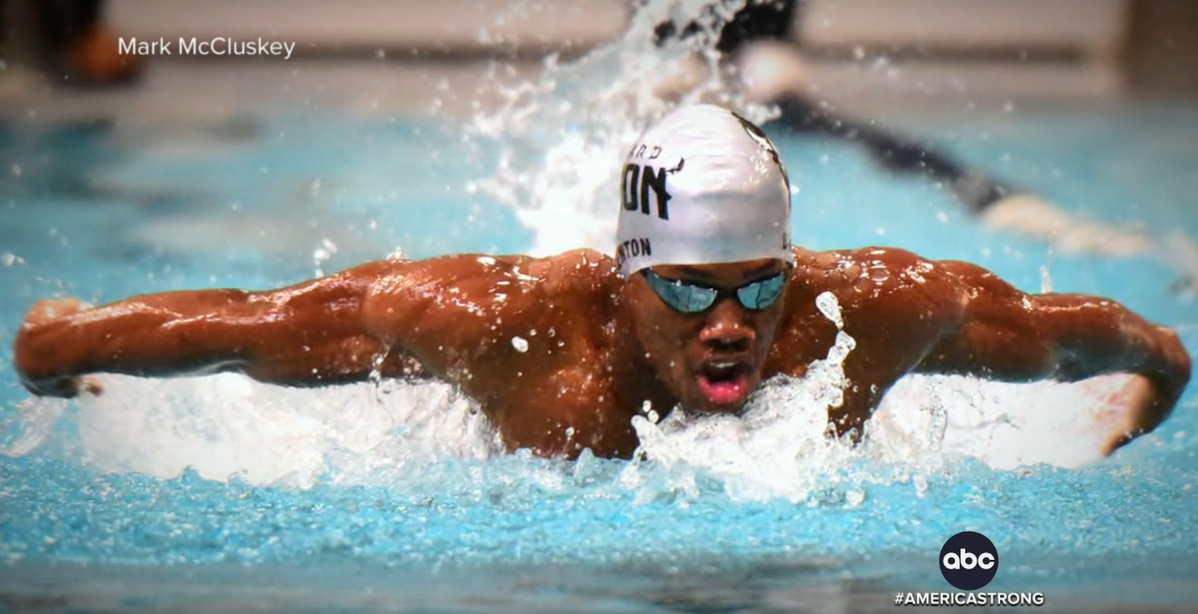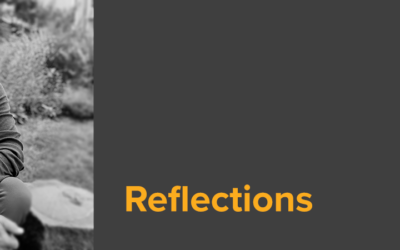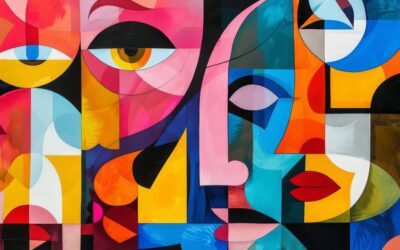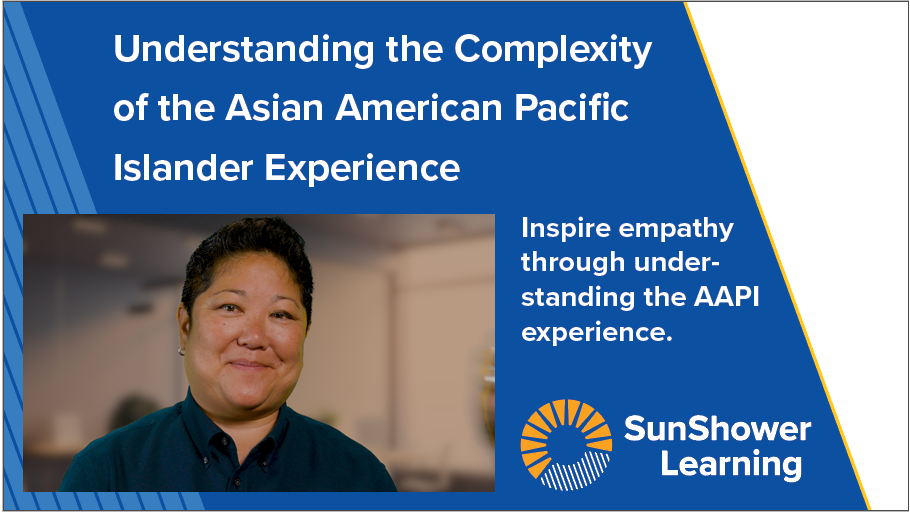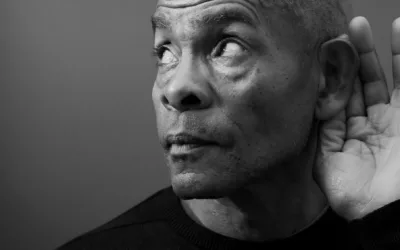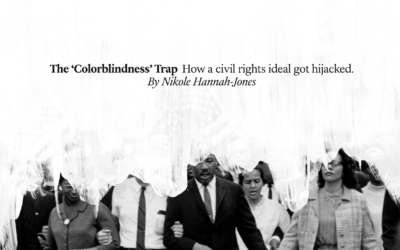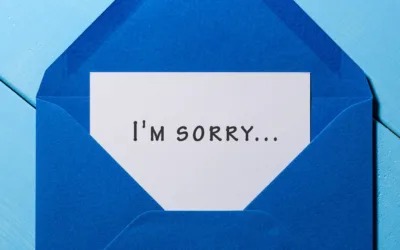Reclaiming the Water
Why I’m in awe of the Howard University swimming and diving team
By Gina Miller
When we follow threads back through history, appalling origins or explanations for certain contemporary social issues / racial matters are often discovered. This was my experience when I took hold of my children’s (and my own) education. It set me on a path whereby I feel compelled to get underneath things and gain historical context and true understanding. Many things that I have learned through the years have been shocking and heartbreaking, and our country’s history with regard to swimming and water is one such example.
Notably, before the slave trade, historical records show that Africans were excellent swimmers, and that capability was often exploited by enslavers. (Enslaved people were often put to work as fishermen and divers, for example.) When it became apparent that swimming could also be a means of escape, however, the enslavers used violent methods (as well as fearmongering) to force enslaved people not to swim.
And then we can look at the racial inequity and violence that were baked into the history of swimming pools in America – with pools not being built in neighborhoods that were populated predominantly with Black people and, later, with pools that were racially segregated and highly unequal (much like schools) – that is if Black people were even able to use them without experiencing violent assaults that occurred in places such as Pittsburgh.
As an aside, I’ve noticed that, in many ways, water has represented life or death for Black people. I can attest to that based on what I’ve learned after marrying into a Gullah family. Of course, many lives were lost as some enslaved people jumped overboard during the Middle Passage. Those who ended up here in the Lowcountry of South Carolina were often driven from the inland to the outskirts, near the water, because that land was deemed less valuable. As a result, Gullah culture became entwined with the water, which sustained them for generations. It’s also why many historic Gullah cemeteries are located near the water – not to mention that the Gullah see this as a way for the spirit of the dead to be able to travel back to Africa.
Our history sheds light on so much of what we see today. To me, it’s no wonder that many Black people are fighting hard to reclaim the water. And this is one of the reasons that the story of the Howard University swimming and diving team moves me so deeply.
Check out this inspiring video.
PS: Further congratulations are in order, as the team just won the 2023 title of the Northeast Conference Men’s Swimming and Diving championship! Way to make history!
More From Our Blog…
My Mid-September Reflections
A moment of reflectionAs I sat down to write this email, I found myself scrolling through the mailing list and recognizing so many names—people I’ve had conversations with that still stand out. Whether it was about Ouch!, purchasing a license or discussing trends in...
The Great Detachment: Why Employee Engagement is at Risk—Especially for Gen Z
As described in a recent article entitled, “The Great Detachment is looming for employees, experts warn—especially for Gen Z” by Lindsay Dodgson, employee disengagement is becoming an increasingly critical issue for companies worldwide. With a staggering cost of over...
Understanding Employee Responses to DEI Initiatives: Insights and Strategies
A recent study sheds light on a previously underexplored aspect of DEI training. While much focus has been placed on the facilitators, trainers and the content of DEI programs, this study examines how employees actually respond to the training. Published in Harvard...
SHRM’s Removal of “Equity” From DEI Framework: A Step Backwards Amid Growing Backlash
In a stunning step in the wrong direction, the Society for Human Resources Management (SHRM), the world’s largest HR association, has removed “Equity” from its “IE&D” framework. What message does this send, especially amid strong pushback against Diversity, Equity...
Navigating the Shifting Landscape of Diversity, Equity and Inclusion Programs
In the midst of the evolving landscape of corporate diversity initiatives, there's a seismic shift underway. The once-prominent acronym "DEI" - representing diversity, equity and inclusion - is notably absent from many company discussions. As explained in the article...
A Groundbreaking New Course: Understanding the Complexity of the Asian American Pacific Islander Experience
With over two decades of experience in the educational sector, Hideko Akashi, founder and lead consultant at Liberation Consulting, has been a steadfast advocate for diversity, privilege, social justice, inclusion and equity. Now, she's opening a new chapter with the...
The Deafening Silence of DEI Allies: A Call to Action in Troubled Times
As we commemorate the legacy of Rev. Dr. Martin Luther King Jr., his poignant words echo through the corridors of history, reminding us of the profound impact of silence in the face of injustice.” In the end, we will remember not the words of our enemies, but the...
DEI LEAP: Empowering Leaders Through Turbulent Times
DEI LEAP: Empowering Leaders Through Turbulent Times As we all know, 2024 has brought a wave of attacks against DEI. A handful of outspoken critics, such as Elon Musk, are misrepresenting DEI and attacking the strategies and practices that are creating more equitable...
The Colorblindness Trap
Read. This. Article. It's important. The Color Blindness Trap: How a civil rights ideal got hijacked Nikole Hannah-Jones is a domestic correspondent for The New York Times Magazine focusing on racial injustice. Her extensive reporting in both print and radio has...
The Unbearable Lightness of the “I’m Sorry if You Were Offended” Apology
Have you ever come across that non-apology apology? You know, the one that goes, "I’m sorry if you were offended," or its close cousin, "I’m sorry that you…" These non-apologies aren't just weak; they can actually inflict more harm and exacerbate hurt feelings. They...

